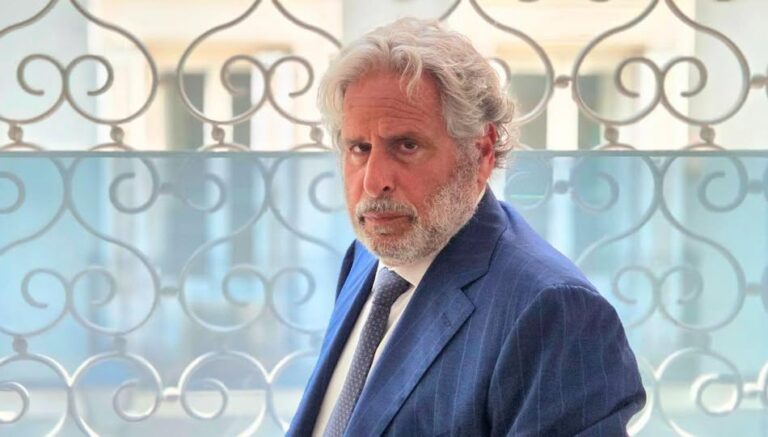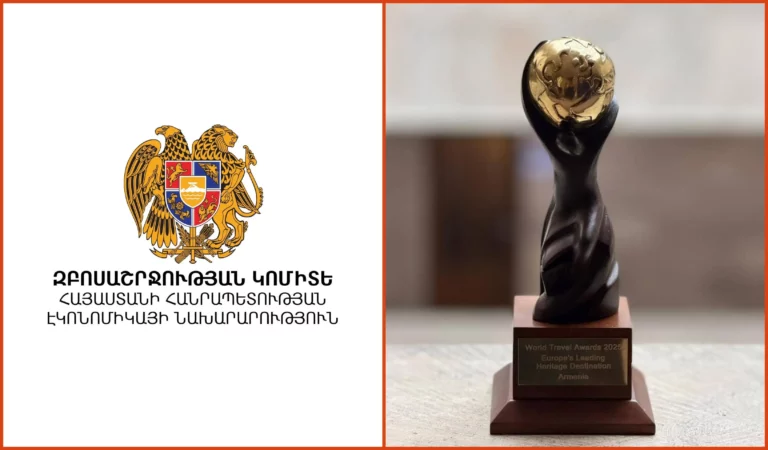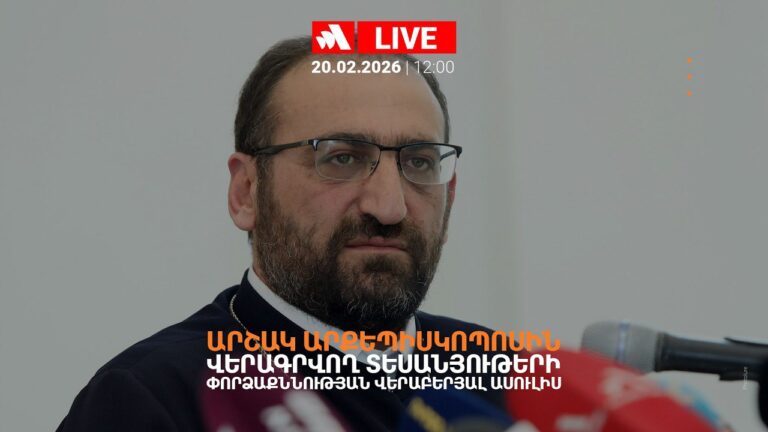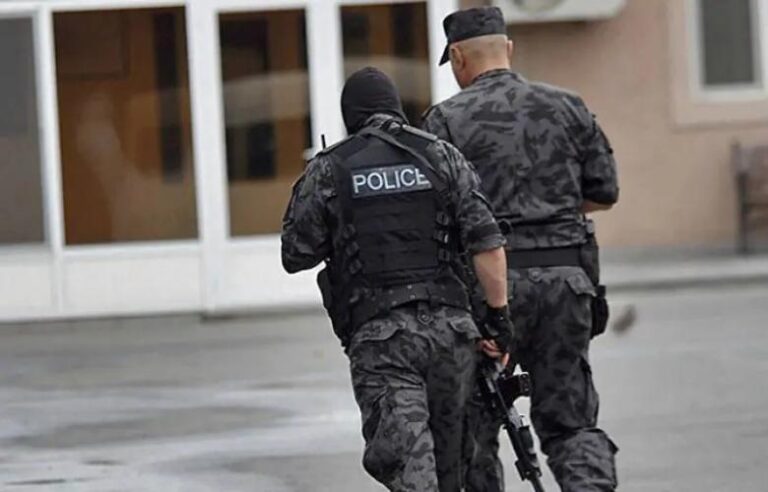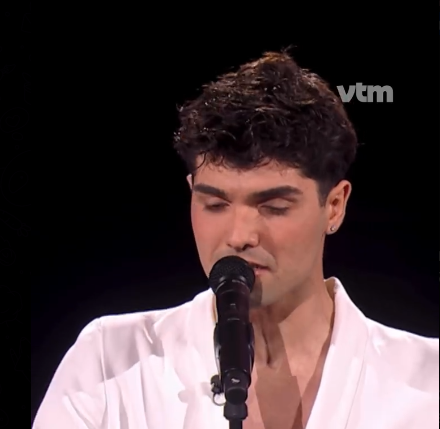Dmitry Zhuravlev: Armenian-Russian relations are moving from friendly to neutral
Russian political scientist Dmitry Zhuravlev commented to Alpha News on the crisis in Armenian-Russian relations as well as Moscow’s view of the ongoing processes.
“There is an objective process that I often talk about. That the CIS republic perceives its distance from Russia as a sign of its development. This process is going on not only in Armenia; it is going on throughout the CIS.
There are even two subjective factors, although are they really subjective? One is that Armenia is now clearly more oriented toward the United States and France. Obviously, the CSTO, the CIS, and the Eurasian Union are simply not that interesting for Armenia. Although there is a mistake here, not only Armenia but many post-Soviet countries believe that what they receive in preferential treatment is, so to speak, a mandatory program. They believe they also need to receive preferential treatment from someone else, and then it will be good. This is not true. And this showed that, at a certain point, our preferential treatment may end.
The second point is the Karabakh issue. Because in many ways, our alliance was based on the fact that we defended Karabakh together. Not by military means, but Russia has always stood by Armenia’s side in this issue. Now that the Karabakh issue has been resolved, frankly, not in the best way for Armenia, the question arises as to whether it is necessary [to continue this union]. All pro-Russian politicians in Armenia are in one way or another connected with the Karabakh war,” the expert said.
Setting priorities in the political hierarchy, the political scientist noted that Armenia plays different roles in political and military significance for various interstate projects in the former USSR.
“For the CSTO, the Belarusian and Kazakh directions are much more important. It will be bad in the sense that it will be shrinking, and any trend has a habit of continuing. Today is Armenia, but who will it be tomorrow? Armenia is of great value for the CIS, for the political union of the former parts of the USSR. The CIS no longer exists either, but there is still some kind of political union. But Armenia, no offense, has no military significance,” Zhuravlev emphasized.
Characterizing the general background of relations between the two countries, the expert expressed the hope that not everything is lost and that we need to remain optimistic.
“Armenian-Russian relations are moving from friendly to neutral. God forbid if they become hostile,” he said.

